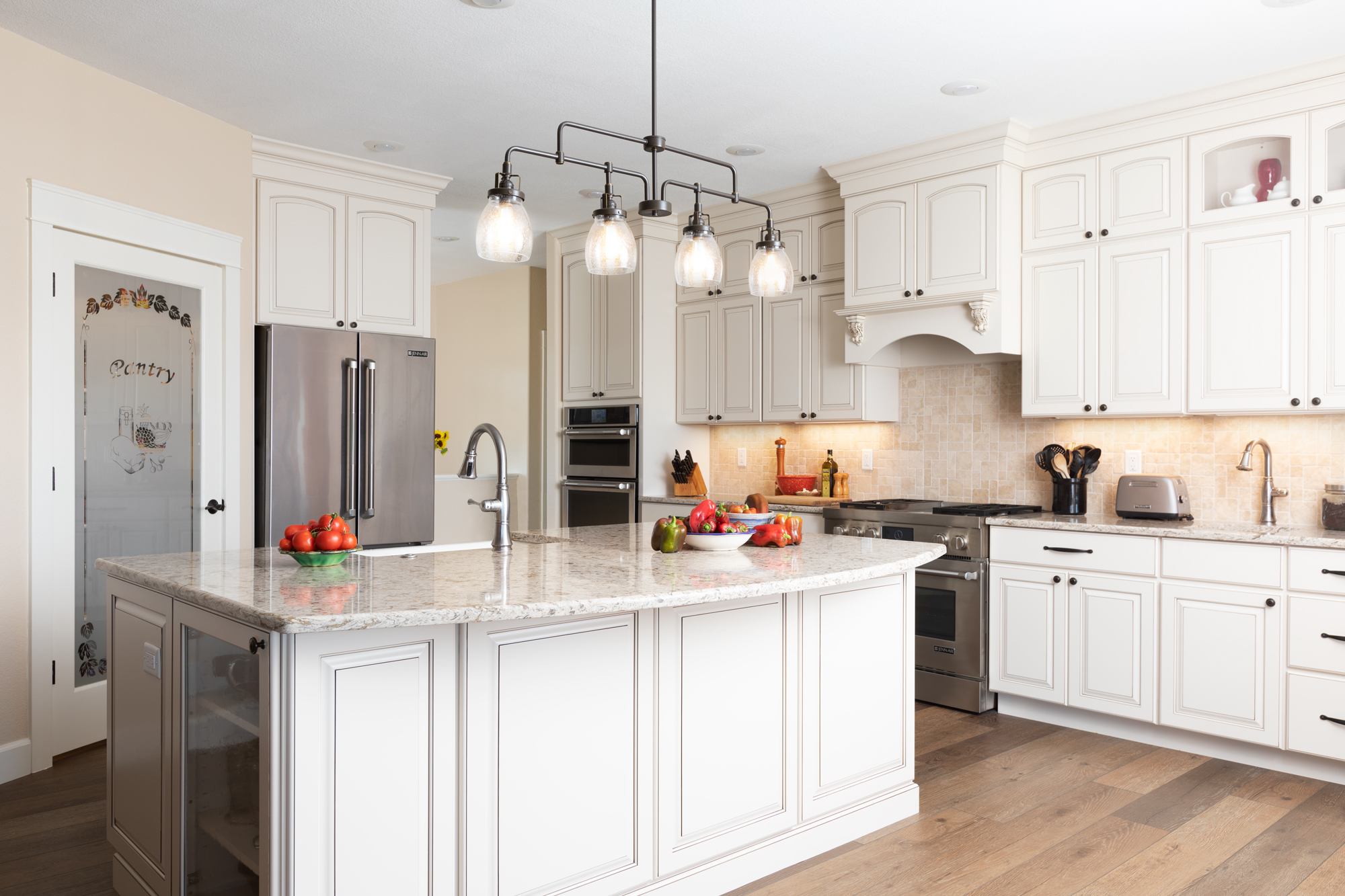Top Questions to Ask Your Plywood Manufacturer Before Buying
When it comes to constructing or renovating a home, office, or any other structure, plywood plays a crucial role. Its versatility and cost-effectiveness make it a go-to material for various applications, including furniture, flooring, walls, and ceilings. However, not all plywood is created equal. Choosing the right type of plywood involves understanding its grades, quality, and suitability for your specific needs.
Kerala, a hub for high-quality plywood production, is home to numerous plywood manufacturers and suppliers who provide a wide range of products tailored to diverse applications. Whether you’re working with plywood manufacturers in Kerala or sourcing from reliable plywood suppliers in Kerala, it’s important to ask the right questions before making a purchase. These questions will help you assess the product’s quality, understand its suitability for your needs, and ensure you get the best value for your money.
Below, we explore the essential questions you should ask your plywood manufacturer before committing to a purchase.
1. What Are the Different Grades of Plywood Available?
Plywood is categorised into different grades based on the quality of its face veneers and core material. Each grade is suited for specific applications, and understanding these distinctions can help you choose wisely.
-
Grade A: Premium-grade plywood with a smooth surface, free of knots or blemishes, making it ideal for furniture and visible interiors.
-
Grade B: Slightly lower in quality than Grade A, but still suitable for painted or veneered finishes.
-
Grade C and D: Budget-friendly options for structural purposes where aesthetics are less critical.
-
Marine Grade: Designed to resist water and humidity, perfect for bathrooms, kitchens, and outdoor use.
Discuss with your plywood manufacturer which grades they offer and which would best suit your project.
2. Is the Plywood Water-Resistant or Moisture-Resistant?
Kerala’s tropical climate brings high humidity, making moisture resistance an important consideration. Depending on your project, you may need one of the following:
-
MR (Moisture Resistant): Used for indoor furniture like wardrobes and cabinets. It can handle occasional exposure to moisture but isn’t waterproof.
-
BWP (Boiling Water Proof): Essential for areas like kitchens, bathrooms, or spaces exposed to high moisture levels.
Always ask your supplier about the product’s resistance levels to ensure durability in your environment.
3. What Types of Core Materials Are Used in the Plywood?
The core material of plywood impacts its strength, durability, and application. Two common types are:
-
Hardwood Core: Made from hardwood species like eucalyptus or gurjan, these are dense and durable, ideal for heavy-duty applications.
-
Softwood Core: Lightweight and less durable, suitable for non-structural applications like decorative panels.
Verify the type of core material used and ensure it aligns with your project requirements.
4. Do You Offer Any Certifications for Quality Assurance?
Certifications are a reliable way to ensure the plywood meets industry standards for quality and safety. Common certifications include:
-
ISI Mark: Ensures the plywood adheres to Indian quality standards.
-
FSC (Forest Stewardship Council) Certification: Confirms that the wood is sourced sustainably.
-
E1/E0 Emission Standards: Indicates low levels of formaldehyde emissions, making it safe for indoor use.
Before making a purchase, ask the manufacturer to provide proof of certifications.
5. What Thickness Options Are Available?
Plywood is available in various thicknesses to suit different applications. The most common options include:
-
6mm to 9mm: Used for lightweight applications like wall panels or false ceilings.
-
12mm to 15mm: Suitable for furniture and cabinetry.
-
18mm and above: Ideal for flooring, partitions, or heavy-duty furniture.
Discuss the thickness options with your manufacturer to ensure they can provide the size you need.
6. What Adhesives Are Used in Manufacturing?
The type of adhesive used in plywood manufacturing affects its durability and resistance to elements like moisture and heat. Common adhesives include:
-
Urea Formaldehyde (UF): Typically used for interior-grade plywood.
-
Phenol Formaldehyde (PF): Offers better water resistance, making it suitable for exterior-grade plywood.
Ensure that the adhesive used matches the intended use of the plywood to avoid premature wear and tear.
7. Can You Provide Customisation Options?
Every project has unique requirements, and standard plywood sizes or finishes may not always be suitable. Ask your supplier if they offer customisation in:
-
Sizes: Custom-sized sheets for specific installations.
-
Finishes: Pre-laminated or veneered plywood for a polished look.
-
Edge Treatments: Smooth or grooved edges for specific applications.
Customisation options can save you time and effort during installation.
8. What is the Warranty or Guarantee Period?
A good warranty reflects the manufacturer’s confidence in their product. Clarify the warranty terms, including:
-
Coverage period.
-
Conditions under which claims can be made.
-
Exclusions or limitations.
A reliable manufacturer will offer a warranty that protects you against defects and ensures peace of mind.
9. What Are the Environmental and Sustainability Practices?
Sustainability is a growing concern in the plywood industry. Ask your manufacturer about:
-
Sourcing of raw materials (e.g., from sustainable plantations).
-
Use of eco-friendly adhesives and finishes.
-
Waste management practices in their production process.
Supporting environmentally responsible manufacturers helps reduce your project’s ecological footprint.
10. What Maintenance Advice Do You Provide?
Proper maintenance extends the lifespan of plywood. Ask for recommendations on:
-
Cleaning techniques.
-
Protection against moisture or pests.
-
Polishing or refinishing tips.
Manufacturers often have specific advice tailored to their products, so it’s worth seeking their input.
11. Do You Have References or Customer Testimonials?
A reputable manufacturer will have a track record of satisfied customers. Request references or look for testimonials to understand the quality of their products and customer service.
12. What Are the Delivery and Logistics Options?
Timely delivery is critical for project planning. Discuss the logistics, including:
-
Estimated delivery time.
-
Packaging to protect the plywood during transit.
-
Additional charges for transportation, if any.
A manufacturer with efficient logistics ensures your project stays on schedule.
13. What is the Pricing Structure?
While pricing is important, it shouldn’t be the sole deciding factor. Understand the pricing structure, including:
-
Cost per sheet based on grade and thickness.
-
Discounts for bulk orders.
-
Additional charges for customisation or delivery.
Compare prices from multiple suppliers in Kerala to ensure you get the best deal without compromising quality.
14. Do You Offer Installation Guidance or Support?
Some manufacturers provide installation services or recommendations for experienced contractors. If this isn’t available, they may offer guidance on proper installation techniques. This support can save you from costly mistakes.
15. What Are the Key Features of Your Plywood?
Ask the manufacturer to highlight the unique features of their plywood, such as:
-
Resistance to warping or cracking.
-
Enhanced durability for heavy loads.
-
Aesthetic appeal of the veneer finish.
Understanding these features will help you assess whether their product aligns with your expectations.
16. How Do You Handle Complaints or After-Sales Issues?
After-sales support is crucial for addressing any issues that arise post-purchase. Ask about:
-
Their complaint resolution process.
-
Availability of replacements for defective products.
-
Customer support channels (e.g., phone, email).
Choose a manufacturer known for excellent after-sales service.
17. What Sets Your Products Apart from Competitors?
Understanding what makes a manufacturer unique can help you make a confident decision. Look for qualities such as:
-
Innovative manufacturing techniques.
-
Commitment to sustainability.
-
Superior customer service.
Why Choose Afyun Plywoods?
When looking for reliable plywood manufacturers in Kerala or plywood suppliers in Kerala, Afyun Plywoods stands out as a trusted name. Known for their exceptional quality, sustainable practices, and wide range of products, Afyun Plywoods offers:
-
Certified Quality: Their plywood meets stringent industry standards, ensuring durability and safety.
-
Customisation: Tailored solutions for diverse customer needs.
-
Eco-Friendly Practices: Commitment to sustainability in sourcing and production.
-
Reliable Support: Comprehensive after-sales service for a hassle-free experience.
Whether you’re constructing a new home, renovating an office, or working on a custom project, Afyun Plywoods provides the perfect blend of quality, innovation, and service.
Final Thoughts
Choosing the right plywood is essential for the success of any construction or renovation project. By asking these key questions, you can ensure that the product you select meets your needs and expectations. From understanding the grades and thickness options to evaluating the manufacturer’s sustainability practices, each question plays a vital role in making an informed decision.
For those seeking top-notch plywood in Kerala, Afyun Plywoods is the ideal partner. Their commitment to quality and customer satisfaction makes them a leader in the industry.
What's Your Reaction?



























